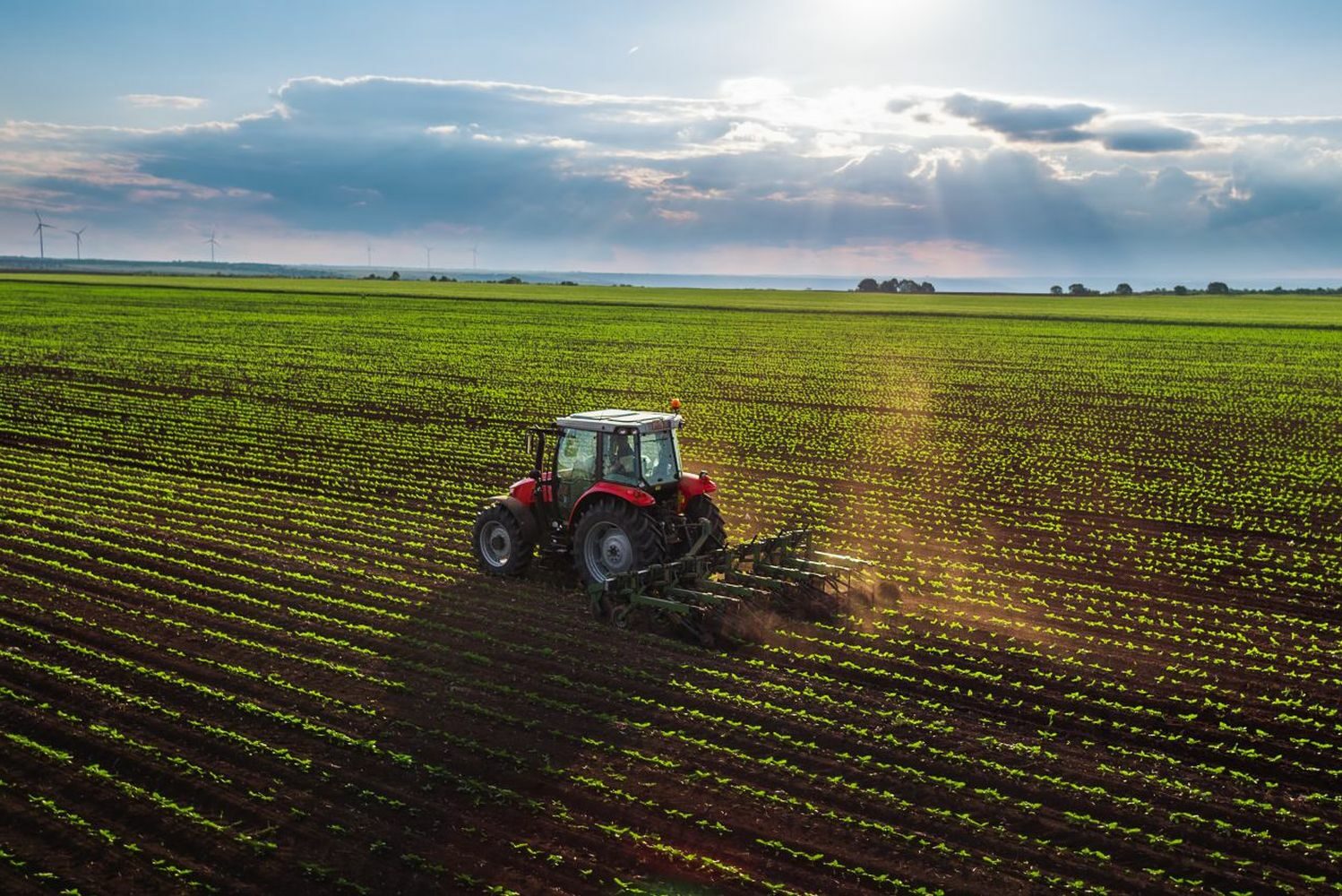
Duration
4 years
Starting Date
January, August
Tuition Fee
$32,734 per year
Location
Fort Collins, CO, United States
About the Program
Teacher development in school-based agriculture education is education in agriculture. In Colorado, agricultural education is delivered through approximately 120 secondary programs located throughout the state.
Over 6,000 young people are enrolled in agricultural education programs in Colorado.
Students in the Teacher Development concentration take classes in agriculture and in the Center for Educator Preparation (CEP).
A Bachelor of Science degree in Agricultural Education with a concentration in Teacher Development leads to teacher licensure by the state of Colorado. The curriculum requires students to demonstrate a competent knowledge of educational theory and a broad-based understanding in agricultural content.
Students combine practical experience and technical course work including animal science, plant science, agricultural mechanics, natural resources, food products and processing, and agriculture business. Students must have a 2.75 GPA, pass the Praxis II assessment for Agriculture and Renewable Natural Resources licensure and complete a student teaching semester internship.
Potential Occupations
Graduates in the Agricultural Education – Teacher Development major at Colorado State University are in demand to fill a shortage in agricultural education teachers. Two-thirds of program graduates take teaching and administrative positions in public schools. Other graduates fill positions in agribusiness, feed, seed, fertilizer, machinery and finance companies, and human resource positions in agribusiness companies. Additionally, graduates often pursue advanced degrees in teaching agriculture and work at community colleges, in extension, or as curriculum specialists in organizations.
Courses Included
- Understanding Agricultural Education
- Technical Tool Applications in Ag Education
- Orientation to Agricultural Systems
- Food Animal Science
- Agricultural and Resource Economics
- Fundamentals of Chemistry
- General Crops












